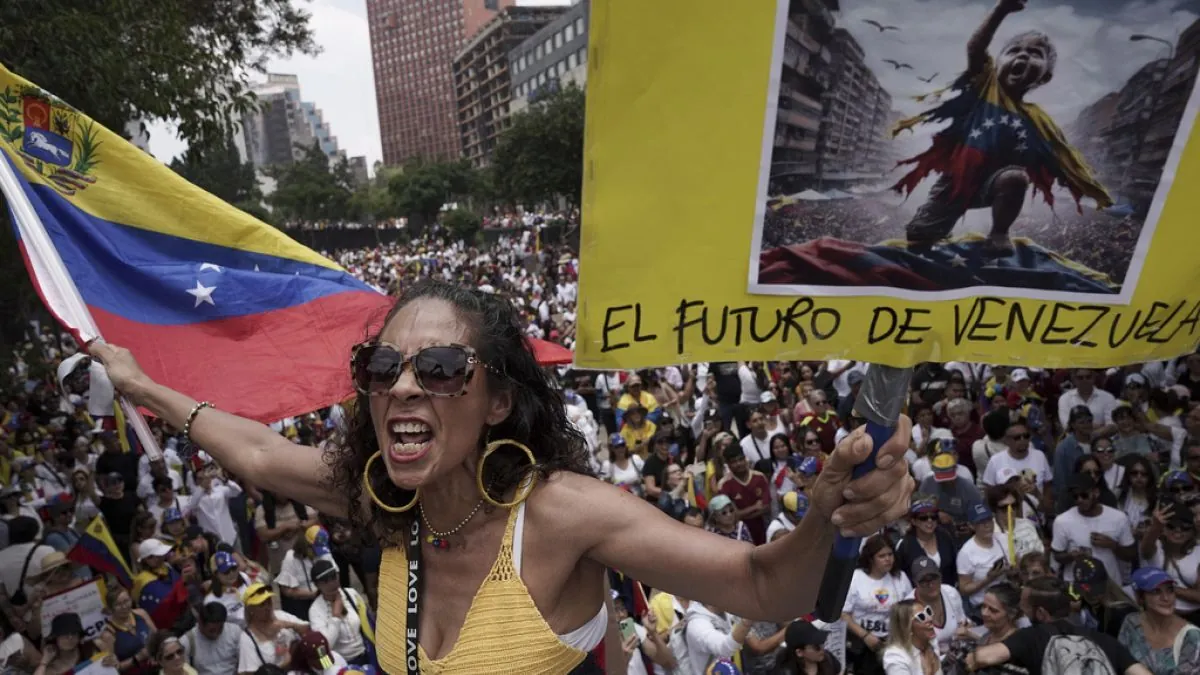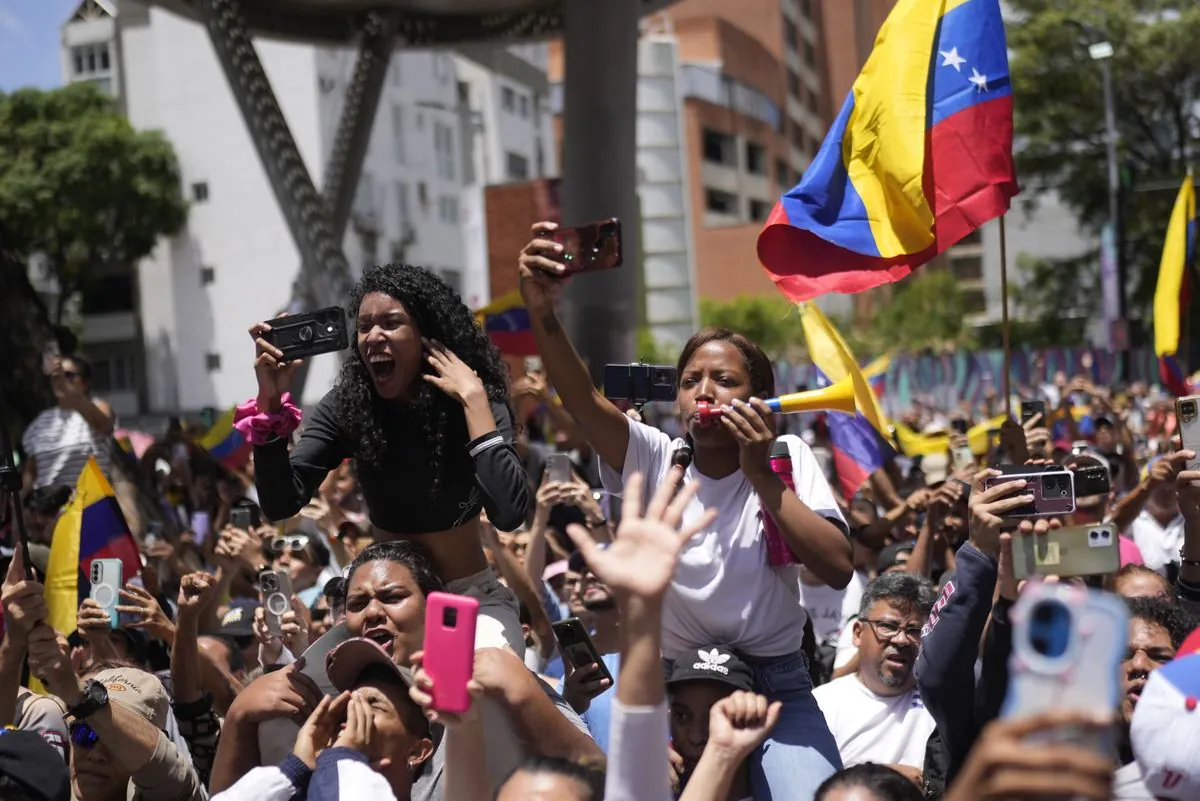Venezuela's Contested Election: U.S. Seeks Democratic Opening
Venezuela's recent election, marred by fraud, presents an opportunity for the U.S. to push for democratic change. Opposition evidence and international pressure challenge Maduro's weakened regime.

In a contentious election held on July 28, 2024, Nicolás Maduro, Venezuela's authoritarian leader, claimed victory despite overwhelming evidence suggesting otherwise. The opposition, led by Edmundo González, has presented compelling proof of electoral fraud, sparking international condemnation and renewed efforts to restore democracy in the troubled South American nation.
Venezuela, once the wealthiest country in South America and home to the world's largest proven oil reserves, has experienced a dramatic decline under Maduro's rule. The country has grappled with hyperinflation since 2016, widespread food and medicine shortages, and a collapsing healthcare system that has led to the resurgence of previously eradicated diseases.
The opposition's meticulous collection of over 23,000 vote tally sheets, representing nearly 80% of the country, indicates that González secured more than double the votes of Maduro. This stark contrast to the narrow 51% victory claimed by the incumbent has prompted the United States and at least a dozen allies to recognize González as the rightful winner.

Maduro's response to the election controversy has been characterized by increased repression. According to Venezuelan human rights group PROVEA, more than 2,400 detentions and 24 deaths have occurred in the aftermath of the election. The regime has also restricted access to social media platforms and encrypted messaging services, further highlighting its weakened position.
The United States now faces a critical juncture in its approach to Venezuela. The Biden administration is weighing various options to pressure Maduro's regime while avoiding potential geopolitical complications. Some key considerations include:
- Targeted sanctions on individual elites
- Engagement with moderate elements within the regime
- Coordination with regional partners, particularly Brazil and Colombia
"There are groups who are clearly willing to negotiate and press for that to occur, and others who are not."
The U.S. strategy must carefully balance pressure on Venezuela's elites with efforts to prevent the country from drifting further into the orbit of Russia and China. Previous approaches, such as the Trump administration's 2020 Democratic Transition Framework, may offer valuable lessons for crafting an effective policy.
Regional cooperation is crucial in addressing Venezuela's crisis. The involvement of leftist leaders in Brazil and Colombia, who have rejected Maduro's power grab despite their historical ties to his predecessor, Hugo Chávez, represents a significant shift in regional dynamics.
The ongoing turmoil in Venezuela has far-reaching implications. With nearly 8 million Venezuelans displaced according to the United Nations, the crisis has sparked the largest migration crisis in recent Latin American history. This exodus has impacted neighboring countries and influenced domestic politics across the region.
As the situation unfolds, the international community, led by the United States, has a unique opportunity to support the Venezuelan people's quest for democracy and stability. By leveraging diplomatic, economic, and regional influences, there is hope for a peaceful transition and the restoration of democratic norms in this resource-rich nation.


































